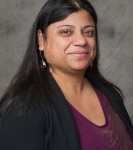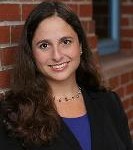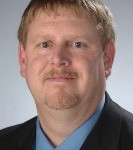New Students Share Their Campus Must-Haves (Video)
What’s the one thing you couldn’t live without when you moved from your hometown to the Syracuse University campus? SU News posed this question to first-year and transfer students as they moved into residence halls during Welcome Week. From the…



